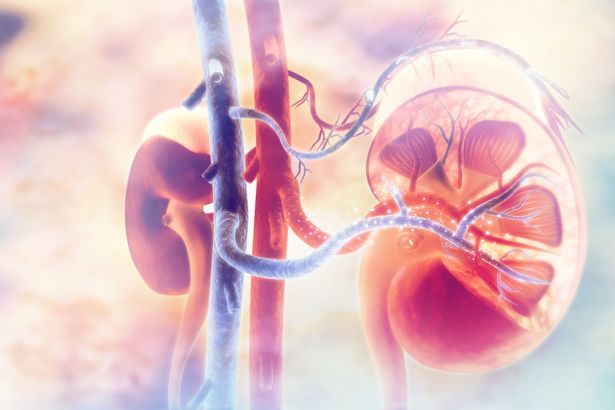
What is being tested?
Chloride is an electrolyte. When combined with sodium it is mostly found in nature as ‘salt.’ Chloride is important along with sodium, in keeping normal levels of water in the body. Chloride generally increases or decreases in direct relationship to sodium, but may change without any change in sodium when there are problems with too much acid or base in your body. Chloride is taken into the body through food. Most of the chloride is absorbed by the gastrointestinal tract, and the excess is excreted in urine. The normal blood level remains steady, with a slight drop after meals (because the stomach produces acid after eating, using chloride from blood).
How is it used?
Blood chloride may be useful along with sodium and blood gas analysis to evaluate problems with the acid-base balance in the body, and to monitor treatment.
When is it requested?
A blood chloride test may be requested to help evaluate kidney function and acid-base status. If your sodium measurement is abnormal, your doctor may look at whether the chloride measurement changes in the same way. If your acid-base balance is abnormal chloride measurement may help your doctor to work out the cause of the problem and may help guide treatment.
What does the result mean?
A severe elevation or loss of this electrolyte can be seen in serious fluid and electrolyte imbalances. The type of medical treatment depends on the cause of the problem.
Increased concentrations of chloride (called hyperchloraemia) usually indicate dehydration, but can also occur with any other problem that causes high blood sodium. Hyperchloraemia also occurs when too much alkaline fluid is lost from the body (producing metabolic acidosis), or when a person hyperventilates (causing respiratory alkalosis).
Decreased levels of chloride (called hypochloraemia) occur with any disorder that causes low blood sodium. Hypochloraemia also occurs with prolonged vomiting or gastric suction, emphysema or other chronic lung disease (causing respiratory acidosis).
Common questions
Most chloride is attached to sodium in the form of sodium chloride, or table salt.
The same treatment used to treat sodium imbalances - diuretics, fluid replacement, etc - may be used to treat chloride imbalance.
What is Pathology Tests Explained?
Pathology Tests Explained (PTEx) is a not-for profit group managed by a consortium of Australasian medical and scientific organisations.
With up-to-date, evidence-based information about pathology tests it is a leading trusted source for consumers.
Information is prepared and reviewed by practising pathologists and scientists and is entirely free of any commercial influence.